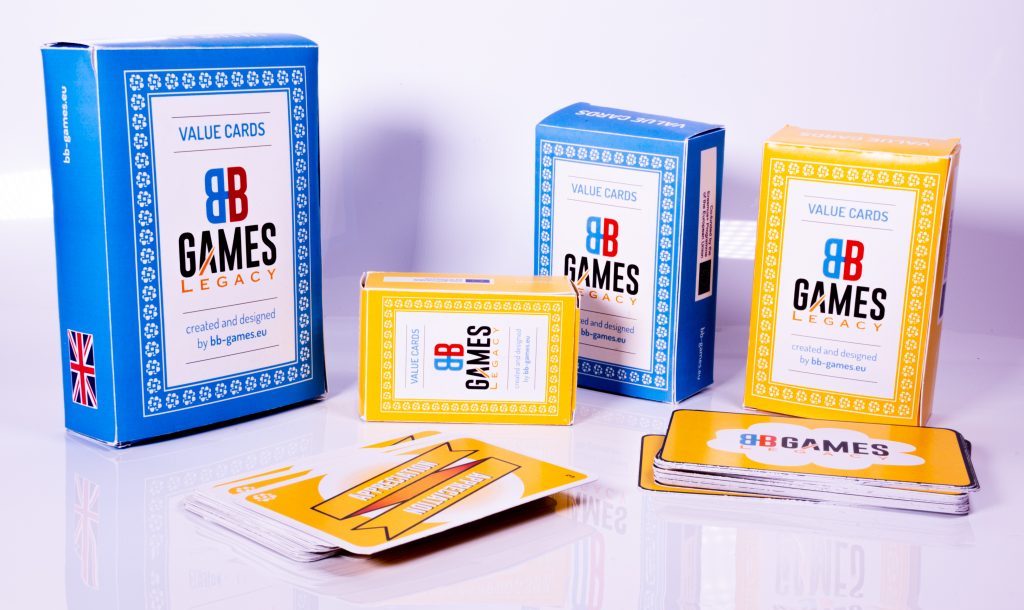6
GameOn: Non-formal learning in Game design
GameOn: Non-formal learning in Game design
Kontenido
This learning playlist explores the essentials of non-formal learning and how this methodology can be applied in the game design process.
Complete all playlist activities to learn about:
- What is non-formal learning?
- What are the values and principles that guide non-formal learning?
- How does non-formal learning look in practice?
- How can you apply non-formal learning in a game design process?
Watch this video that introduces how games and game design can be used as a tool in non-formal learning:
Follow the following playlist activities to develop your non-formal learning understanding and competences to support better the learning of people involved in the game design process.
The international partnership “GameOn” created this playlist to promote inclusion, participation and critical thinking through game design. Learn more about this partnership here.
Expert partners:
Nexes (ES) – lead partner, Idealúdica (ES), Universitat de Barcelona (ES), BalkanIdea Novi Sad (SR), Nectarus (LT), Associazione Interculturale NUR (IT).
Co-funded by the Erasmus+ Programme of the European Union.
Aktividat pa kompletá
Kompletá e siguiente aktividatnan, gana badge i lo bo mira progreso aktualisá di bo playlist
Kontenido
Let’s get real about non-formal learning values and principles.
We have developed Value Cards that are part of the educational game “The 4 Headed Monkey”. The set of cards will help you to explore your fundamental values and principles. When using the cards, we invite you to focus on your educational practices.

Visit other activities of the playlist “GameOn: Non-formal learning in Game design” to explore more about how to apply non-formal learning in the game design process.
How to complete this activity?
Individual version:
- Step 1. Familiarise yourself with the set of Value Cards. You can download them from the resources section and print them.
- Step 2. Choose the 10 most important Value Cards that guide your educational practices.
- Step 3. Take each card separately and openly ask yourself: In which educational situations you may compromise this specific value and let it go? Remove every value card that you can find good reasons to let it go of.
- Step 4. Look at the remaining Value Cards and think, about why these values are fundamentally important for your educational practice. How does your set of values correspond to non-formal learning values and principles?
Team version:
- Take step 1 and step 2 as in the individual version and then continue to the next steps:
- Step 3. In each round, every team member takes one value card that they may compromise and takes away without explaining the reasons. Continue this step until there is no one willing to let it go more values. At any time you may say stop and keep the remaining value cards.
- Step 4. Share your reasons for taking away value cards. Share why you kept specific values and how your set of values corresponds to non-formal learning values and principles?
You may complete the activity and earn a digital badge by adding your reflections to the badge evidence below. In the resources, you may find Value Cards to use for this activity.
This activity is part of the wider educational effort of the international partnership “GameOn” to promote inclusion, participation and critical thinking through game design. Learn more about this partnership here.
Expert partners:
Nexes (ES) – the lead partner, Idealúdica (ES), Universitat de Barcelona (ES), BalkanIdea Novi Sad (RS), Nectarus (LT), Associazione Interculturale NUR (IT).
Co-funded by the Erasmus+ Programme of the European Union
Rekurso
Optené badge di aktividat
GameOn: Non-formal learning values and principles on a trial Optené e badge akí
Earners of this badge used Value Cards to challenge their assumptions about values and principles that underpin their educational practice.
In the activity, they have followed these steps:
- Step 1. Familiarised with the set of Value Cards.
- Step 2. Selected 10 most important Value Cards that guide their educational practices.
- Step 3. Decide to take away Value Cards that they can compromise in educational practice wirth good reasons
- Step 4. Reflected on the remaining Value Cards and shared reasons for keeping them and thought through how they correspond to non-formal learning values and principles
The evidence of completing this activity is included in the badge and was reviewed by the organisers.
This activity is part of the wider educational effort of the international partnership “GameOn” to promote inclusion, participation and critical thinking through game design. Learn more about this partnership here.
Tasks
Task no.1
Evidence verified by: outo-aprobá
Follow the step to use the Value Cards to explore and reflect your fundamental values guiding educational practice. Share your reflections and results of this activity:
- Write down or add picture of 10 values that you initially selected as your fundamental values
- Write down or add picture Value Cards that you considered being able to compromise. Describe 1-2 examples of situations where you would let it go.
- Write down or add pictures of Value Cards that you keep regardless of circumstances. Explain how these values correspond to non-formal learning values and principles.
Skills
#cities of learning
ESCO
#learning technologies
#connected learning
ESCO
#use learning strategies
ESCO
#attitudes and values
Aktividat: 5
Started: 17
Playlist kompletá: 0
Share:
Organisadónan
GameOn - Game Design for Inclusion
Kambia pa otro idioma:
